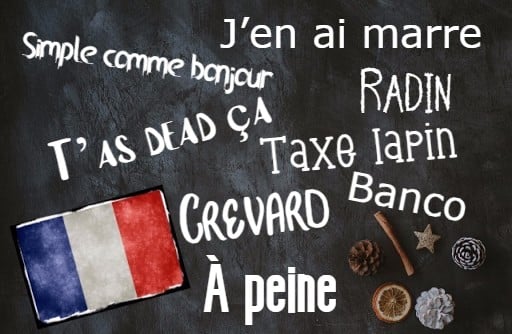Why do I need to know se faire des films?
Because we all do it, and sometimes we need an outside push to get some perspective.
What does it mean?
Se faire des films literally translates to ‘making yourself movies’, but it has more to do with psychology than videography.
This handy, though maybe slightly harsh, French metaphor means that someone is deluding themselves or imagining the worst. Someone who se fait des films envisages improbable and often paranoia-inducing scenarios – much like those seen in movies – without any real or meaningful evidence.
The phrase can apply to anything from romantic drama to medical mysteries: interpreting a blunt text message as a sign of imminent divorce, or deciding a light headache must signify a brain tumour.
Se faire des films is something we all do, though it’s usually to our own detriment.
It’s a useful phrase to know if you’re trying to counsel a friend out of irrational over-thinking, or vice versa. Sometimes, we really need someone else to point out our own self-delusions.
Use it like this
Ça ne sert à rien de se faire des films – There’s no point assuming the worst
Il se fait des films dans sa tête, il a besoin de savoir ce qui s’est vraiment passé – He’s imagining the worst, he needs to know what really happened.
En amour, pourquoi on a tendance à se faire des films ? – Why do we so often delude ourselves when it comes to love?
Synonyms
Se faire des idées – imagining things
Se mettre le doigt dans l’œil – deluding yourself (literally translated as ‘putting a finger in your eye)



 Please whitelist us to continue reading.
Please whitelist us to continue reading.
Member comments